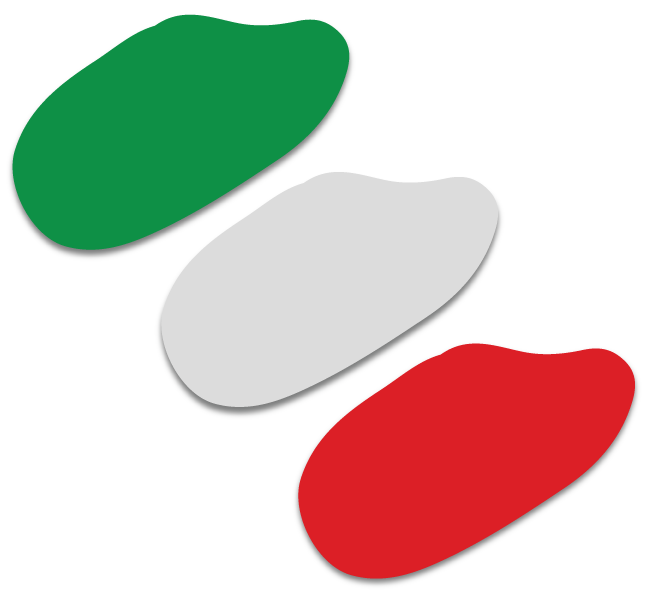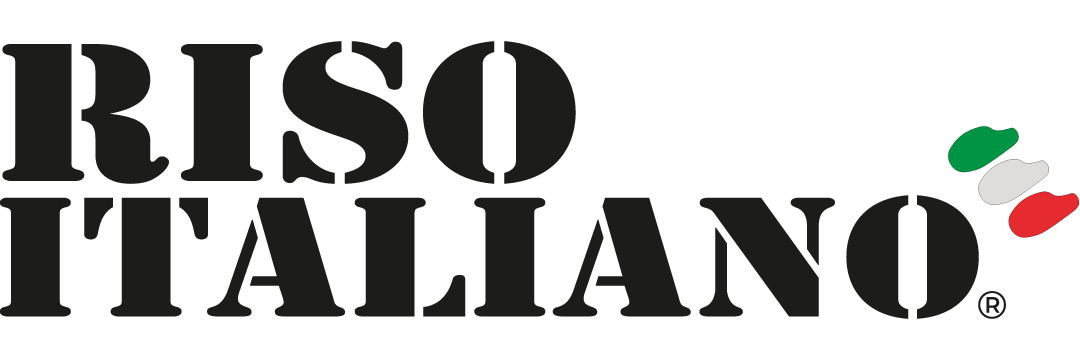Diet food (or dietetic food) refers to any food or drink whose recipe has been altered in some way to make it part of a body modification diet. Such foods are usually intended to assist in weight loss or a change in body type, although bodybuilding supplements are designed to aid in gaining weight or muscle.
In addition to diet other words or phrases are used to identify and describe these foods including light, zero calorie, low calorie, low fat, no fat and sugar free. In some areas use of these terms may be regulated by law. For example in the U.S. a product labeled as “low fat” must not contain more than 3 grams of fat per serving; and to be labeled “fat free” it must contain less than 0.5 grams of fat per serving.
The process of making a diet version of a food usually requires finding an acceptable low-food-energy substitute for some high-food-energy ingredient. This can be as simple as replacing some or all of the food’s sugar with a sugar substitute as is common with diet soft drinks such as Coca-Cola (for example Diet Coke). In some snacks, the food may be baked instead of fried thus reducing the food energy. In other cases, low-fat ingredients may be used as replacements.
In whole grain foods, the higher fiber content effectively displaces some of the starch component of the flour. Since certain fibers have no food energy, this results in a modest energy reduction. Another technique relies on the intentional addition of other reduced-food-energy ingredients, such as resistant starch or dietary fiber, to replace part of the flour and achieve a more significant energy reduction.
In diet foods which replace the sugar with lower-food-energy substitutes, there is some controversy based around the possibility that the sugar substitutes used to replace sugar are themselves harmful. Even if this question is satisfactorily resolved (which remains unlikely at this time), the question still remains as to whether the benefits of food energy reduction would outweigh the potential loss.
In many low-fat and fat-free foods the fat is replaced with sugar, flour, or other full-food-energy ingredients, and the reduction in food energy value is small, if any. Furthermore, an excess of digestible sugar (as well as an excess of any macronutrient) is stored as fat. This unhealthy weight gain is only aided by the effects of preservatives and additives present in the food which are not accounted for in the ‘diet food’ label.











